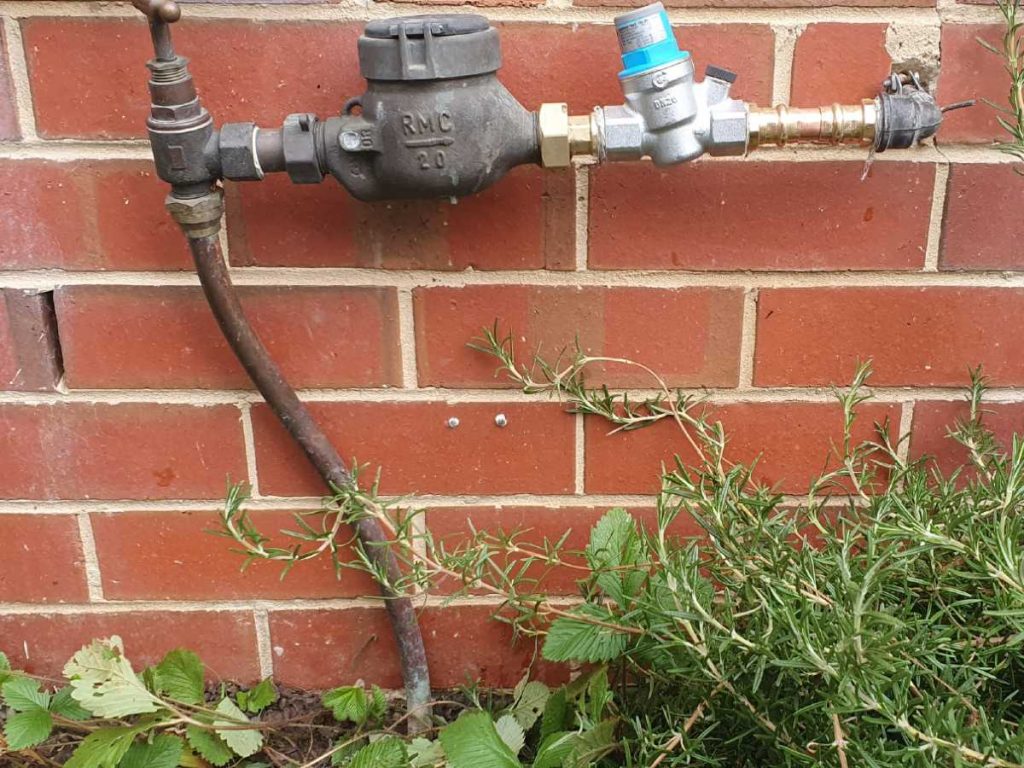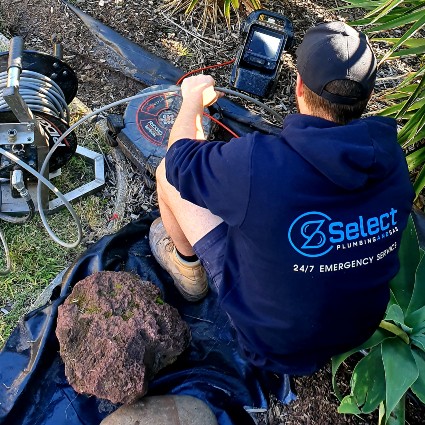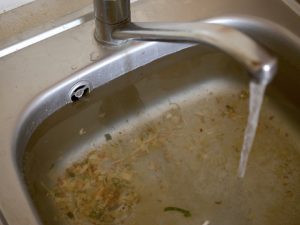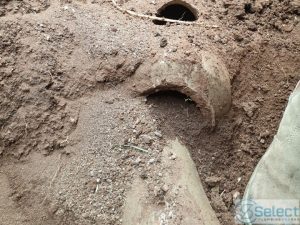Pressure Limiting Valves
What is a pressure limiting valve?
Pressure Limiting Valves (or PLV) are valves which lowers the pressure flow of the water travelling through it. Your home’s plumbing system carries lots of pipes in various sizes, rooms and walls. These pipes carry your water throughout the day at different pressures depending on the time and the usage required. Water mains pressure can be very high. Without a pressure limiting valve, high pressure from your mains supply can cause damage to pipes, fixtures and appliances. In severe cases, it can cause your pipes to crack, leading to flood damage to your house, or even structural damage if the pipes burst inside your walls.How does a pressure limiting valve work?
A PLV is installed near the main water line, usually at the front of your property. The valve closes when water pressure is too high, and opens when it is low. It regulates the flow of water into your pipes and keeps it at a steady level.In This Article:

What happens if my water pressure is too high?
If your water pressure is too high, you may notice your taps and fixtures making excessive noise when you turn them on or off. This is known as water hammer or hydraulic shock – a loud banging sound that occurs from the force of the water hitting a closed valve or being forced to change direction via a join in the pipe.
Most appliances (such as washing machines, hot water systems and dishwashers) and fixtures (such as showers and taps), have a recommended maximum inlet water pressure. If your pressure exceeds their recommendation, not only will your appliances become worn out too quickly under the strain, you will not be covered by the manufacturer’s warranty.
Do I need a pressure limiting valve?
Australian standards specify that any new buildings or extension work cannot have water pressure that exceeds 500kPa. Your builder must comply with these regulations by installing a PLV.
“Pressures above 500kPa can cause damage from water hammer, reduced life of appliances, taps and fittings, and cause excessive noise in the system.” Australian Standard (AS3500.1)
If you have an older Melbourne home but are planning an extension or renovation, you will need to have a plumber install a PLV for you.
Keep in mind too, pressure limiting valves don’t last forever, so it’s a good idea to periodically ask your plumber to check your water pressure with a pressure gauge to see that yours is working as well as it should be. As with anything, it is much cheaper to maintain a well running system than to repair something that’s broken or damaged!
What about my shower?!
Something we often get asked is “Will my shower pressure drop if I have a PLV installed?” The answer is that your water pressure will remain strong enough for your shower, and it will also be within the manufacturer’s guidelines so your fixtures will remain under warranty.
Pressure limiting valve installation in Melbourne
Select Plumbing and Gas can install a PLV at your property quickly and cheaply. Our friendly and reliable plumbers are available 24 hours a day, 7 days a week.
Call Select Plumbing and Gas
Select Plumbing and Gas are the drainage and plumbing experts. Let us sort out your plumbing problems properly, and you can rest easy knowing you’re getting both quality and value for money. We’re an affordable local plumbing business serving all of Melbourne.
- 5 star Google rating
- 24-hour emergency plumbing
- Licensed and insured
- 10+ years of experience
- 100% satisfaction guarantee
- Seniors discount
- No call out fee during business hours
- Lifetime warranty on workmanship
- Free quotes during business hours
We use the latest technology for your drain problem, including a camera for blocked drains. Our CCTV equipment can inspect the pipes to determine what is causing the blockage. We then use our high-pressure jetter to help flush your drains clean.

Related Articles

9 Things To Never Tip Down Your Kitchen Sink
Learn what you should never put down your sink if you want to avoid clogged pipes.

Is Your Landlord Responsible For Clogged Drains?
When is a tenant or landlord responsible for blocked drains in a rental property?

Best (and Worst) Trees To Plant Near Your House
Learn which trees to avoid and which to consider planting near your home, without invasive root systems which could damage your drains.

